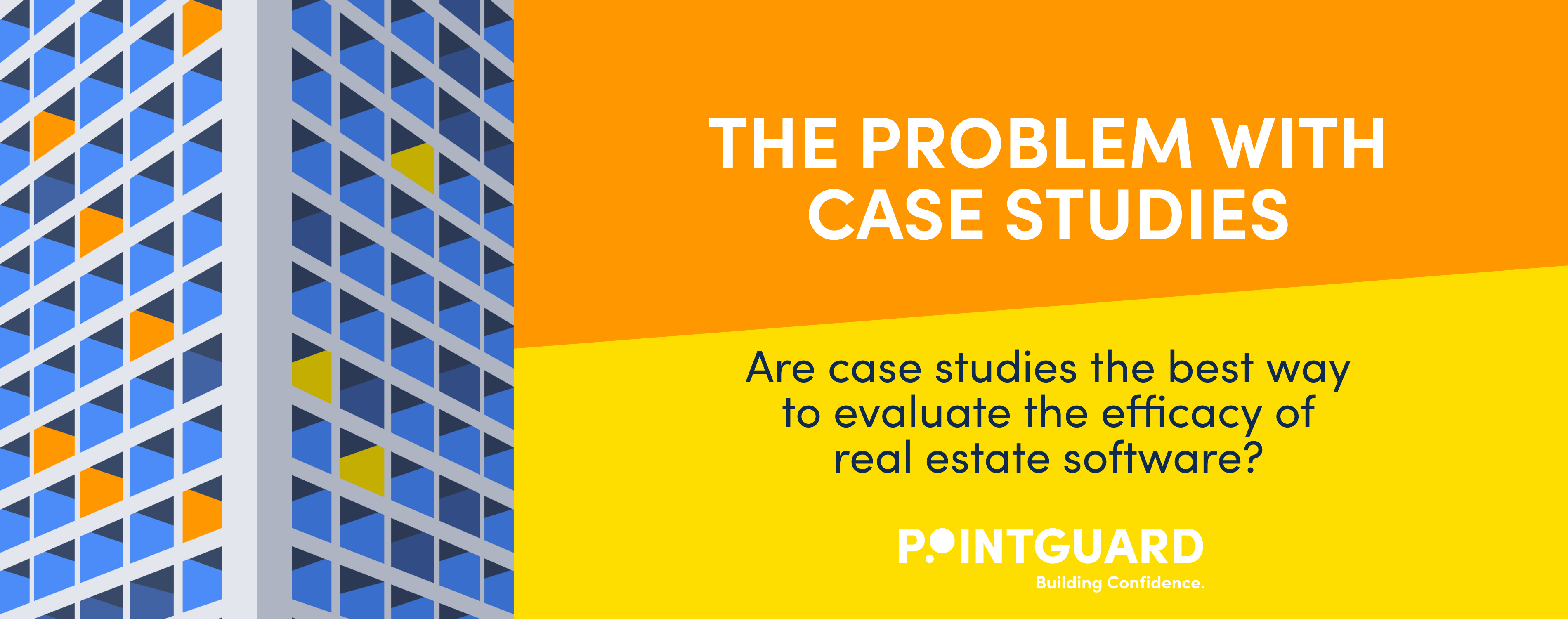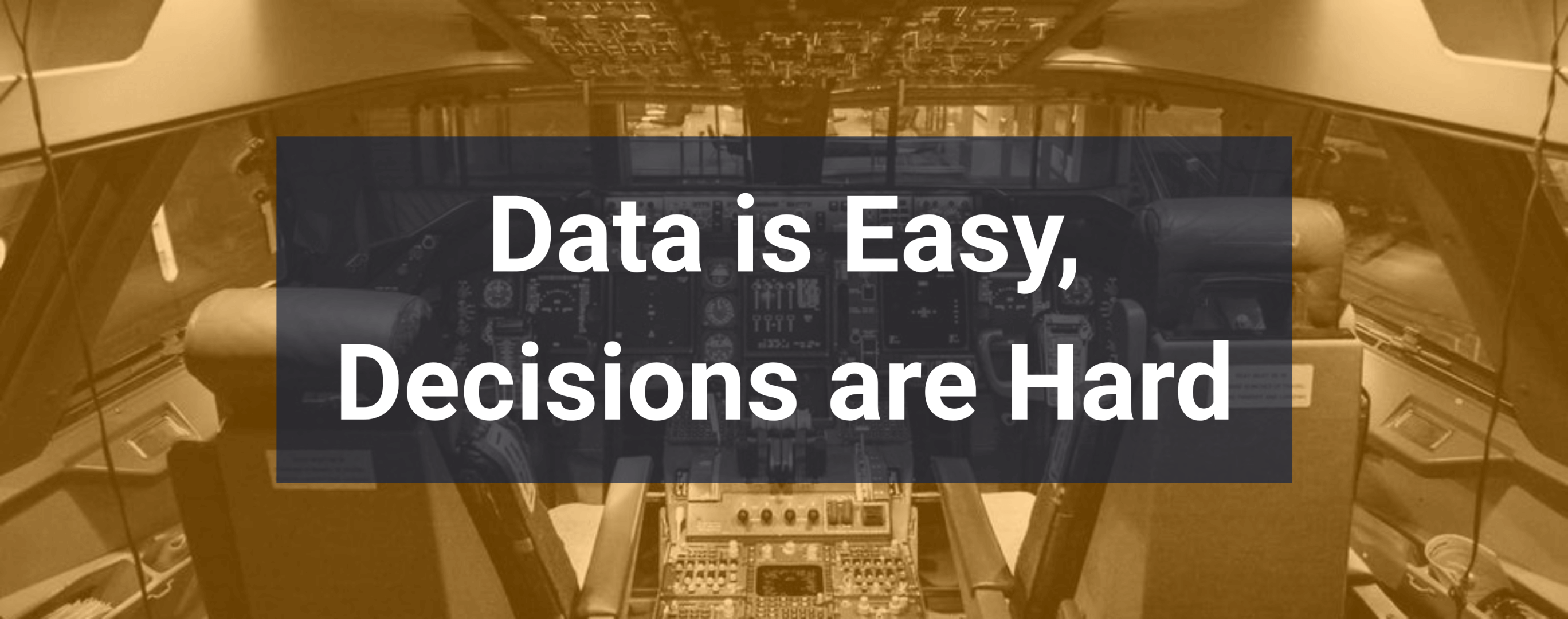Do you use case studies to see if a new tech solution is right for you – without having to pay for an expensive, yearlong pilot?
Case studies tell the story of how a happy customer used the real estate tech. And, how it made running their building easier, cheaper, and great things.
Other Companies’ Data | But, when relying on case studies, you only see data from other companies using the product. Before committing to a likely expensive technology, you have to guess if the solution will work well in your unique situation from someone else’s data.
So, using case studies is like choosing which car to purchase from pictures alone. You never get to see the car before buying it. Instead, you have to trust that the pictures show you everything you need to make the right choice.
Marketing Material | Case studies also often present the technology as the answer to every problem – even when it might not help you. Since case studies exist to promote the solution, you have to figure out what’s true in the case study. And, what’s embellished to make the company look better.
This can make it challenging to get a realistic idea of whether the technology will work for you from case studies.
Can’t See It in Action | What’s more, case studies don’t provide the option to see the technology in action – before you spend $100,000+ retrofitting buildings or deploying new software. With case studies, you have to rely on secondhand accounts of how the technology works in practice. Instead of verifying it yourself.
A paper for The National Bureau of Economic Research found that predictions before seeing technology in action were often inaccurate. After asking venture capitalists to predict the success of technology startups without seeing how they perform, the study found “that the correlation between initial scores and ultimate performance of startups was [weak at] 0.1.”
Even experienced venture capitalists can’t predict technology success without seeing it in action. So, it’s unlikely you’ll be able to choose the right technology just from looking at case studies.
The Bottom Line
Case studies present customer stories about how amazing the technology is. If you’re using case studies to decide whether to implement new tech, you have to figure out if it’s the right fit for your company from others’ data. And, you have to sort through the marketing fluff to figure out what’s true in a case study.
Plus, case studies force you to purchase a product without seeing how it works in your building or for your company. So, buying tech based on case studies is risky.
Want a better way to try out new tech without having to rely on case studies or a yearlong pilot? Check out our white paper on the problems with pilots to learn more.
About PointGuard | PointGuard is a facility management software company that leverages existing building control systems to maximize the value and performance of mechanical equipment, increase occupant comfort and extend asset life. PointGuard’s platform, via monitoring based retrocommissioning, provides real time transparency to equipment performance in buildings for instantly better decision making for maintenance and capital budgets - so one facility engineer can manage up to 20MM sqft strategically and effectively. The PointGuard Snapshot provides an overview of operational performance levels after just 30 days of data, revealing potential and permanent improvements available through Pointguard's analytics platform. Based out of Charlotte, North Carolina, please visit www.pointguardtech.com for more information.












